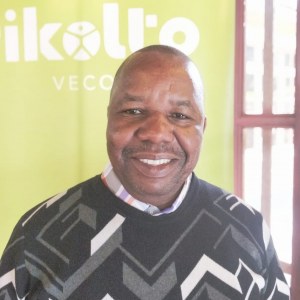How can cities make sure that every citizen – rich or poor, young or old, regardless of their gender – is able to access and afford sufficient, safe, and nutritious food? And how can this be leveraged to ensure that smallholder farmers and all other food chain actors make a decent living out of producing and supplying food to cities, while remaining resilient to shocks and stresses? Lastly, how can this be achieved in such a way that urban food systems remain within the planet’s ecological boundaries and constitute a solution to – not a driver of – climate change and biodiversity loss?
Sometimes, these objectives are pursued at the expense of each other: a narrow focus on environmentally friendly and healthy foods, for example, might lead some companies to target niche, high-income markets, passing on the additional costs of producing sustainably to wealthy consumers, thus making it inaccessible to the majority. It doesn’t have to be that way.
We certainly don’t have all the answers, but with the Food Smart Cities programme, we are working hard to bring people together to design and test new models that can help navigate trade-offs such as the one mentioned above.




































